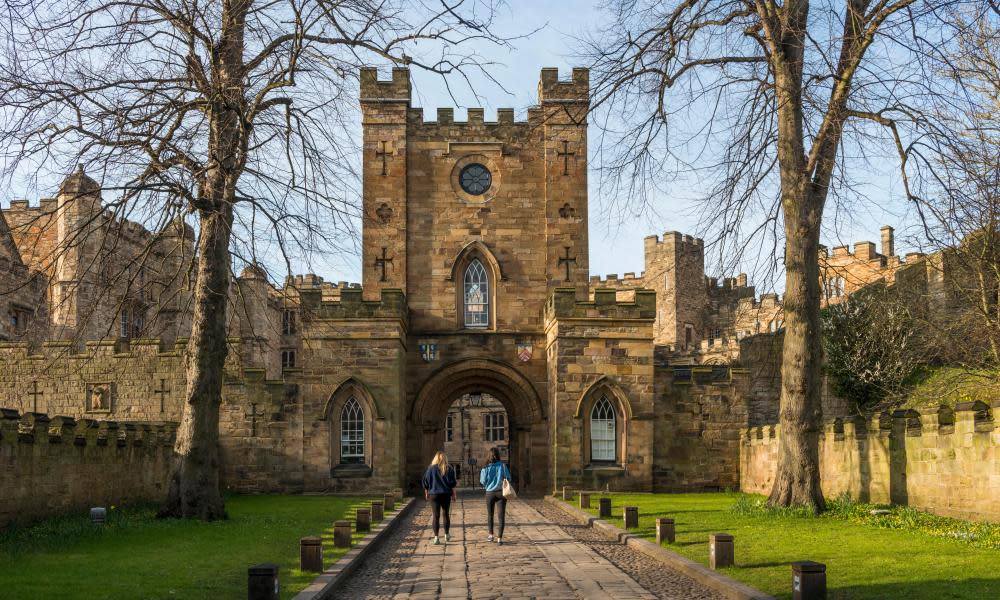How times change at Durham University

Your article (Students from northern England facing ‘toxic attitude’ at Durham University, 19 October) highlights behaviours that are unacceptable and entirely at odds with our values as a university. I met Lauren White shortly after receiving her report and we will be taking appropriate action.
Durham University believes everyone has the right to study and work in a respectful environment. The vast majority of our community has a positive experience. We do, however, realise we need to do better.
The recent report by our Durham commission on respect, values and behaviour has established what it is like to work and study here, and identifies how we can create positive change. The recommendations of the report are being reviewed and implemented.
We have a number of programmes to encourage students from the north-east of England to apply to Durham or other universities, including our Durham Inspired north-east scholarships and our Levelling Up: Aspire Higher programmes.
We are also proud to be tackling the underrepresentation of women in the tech industry through our Women in Tech programme, championed by Professor Sue Black.
Our responsibility to provide all students with an exceptional educational experience and transformed life chances is something to which my colleagues and I remain deeply committed.
Prof Stuart Corbridge
Vice-chancellor and warden, Durham University
• Your article and the letters (20 October) that followed reminded me how quickly Durham University’s intake began to change after my years there as an undergraduate. A friend who stayed on in Durham for his PhD alerted me to this. He reported that the tutors had been rubbing their hands in glee at the increase in applications to our college from public school pupils. In our years as undergraduates, the college had a very full quota of local lads.
By the 1960s, Durham must have seemed to offer one of the closest answers to the aspirations of public schoolboys if places at Oxbridge were unobtainable. I am far from convinced this was a trend that Durham should have welcomed.
David Hellawell
Professor emeritus in education management, Birmingham City University
• In the 1960s, Durham was full of students from “ordinary” homes like my own and resonant with Durham and Yorkshire accents. I spent three happy years at St Mary’s College and was never made to feel judged on my background.
Rev Avril Ford
Horncastle, Lincolnshire


